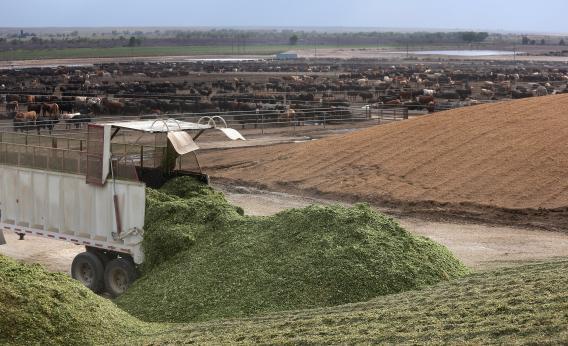A new meta-analysis is out which shows that organic produce isn’t any more nutritious than conventional crops, though it does have lower levels of pesticides. On the other hand, there’s no clear evidence that the levels of pesticides in conventional crops are dangerous. This is a regulated area, and the conventional crops are in compliance with the rules.
Then again, I think this sort of misses the point of what’s appealing to people about organic food. Part of it is the idea that it’s better for the sustainability of the planet as a whole. And a big part of it is, I think, a kind of Pascal’s Wager approach to food safety and human health. If reduced pesticide exposure is healthy, then so much the better. If it isn’t, then what’s the worst case scenario—that you spent a bit more than you should have on those onions? For the kind of reasonably affluent people who are the main market for organic produce, cooking at home is still the low-cost alternative to paying someone else to cook for you. And once basic survival needs are met, people turn toward trying to find ways to spend money on good health and taking care of their family. So why not organic produce?
Last but by no means least, the organic produce probably tastes better. It may or may not perform better in blind taste tests but we know that—for example—people like wine more when they know it’s from a more expensive bottle.
Organic food is appealing in part because it’s less-efficient to produce and therefore more expensive to buy. Now if you could persuade people that the lack of pesticides was somehow a problem—maybe ingesting large quantities of pesticide wards of mosquito bites—that might change the calculus. But otherwise, I think we should expect organic to keep gaining market share no matter how many meta-analyses like
